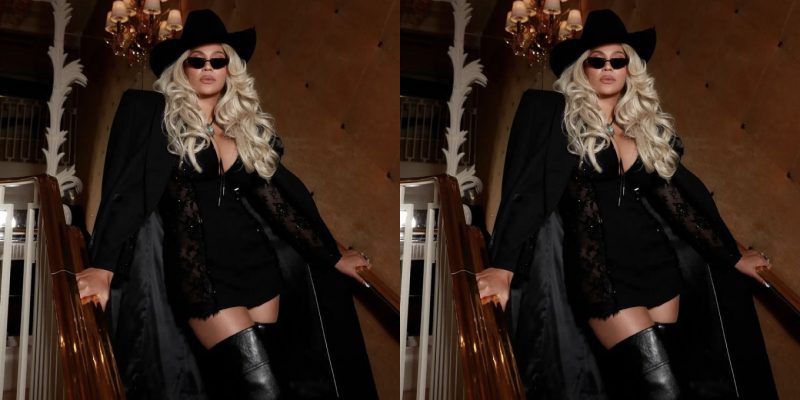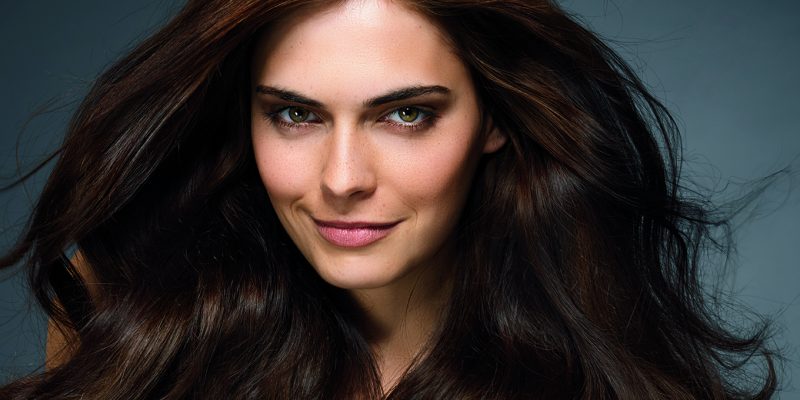Hair
One writer rediscovers her roots through beauty
Samra Habib learned that when it came to beauty, letting go of her roots was more difficult than she thought.
by : Samra Habib- Sep 27th, 2017
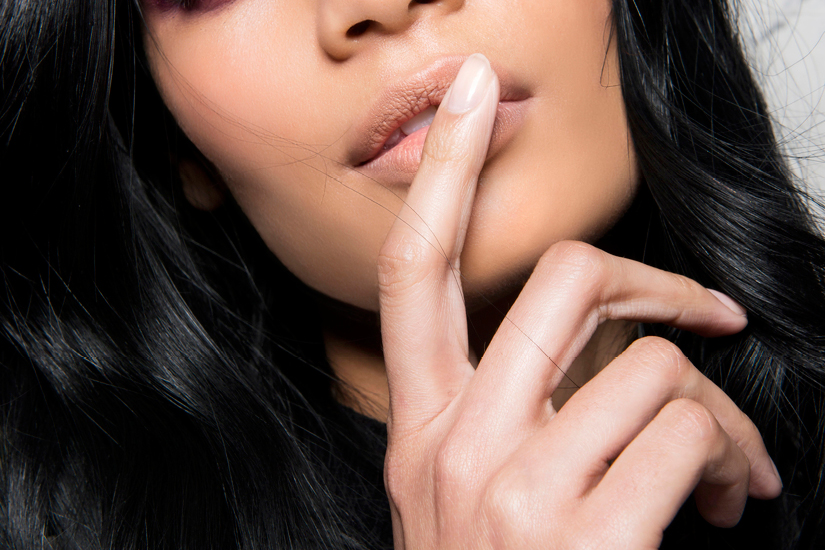
I remember it clearly. My mother was chasing me across the rooftop on a sweltering summer day in Lahore, Pakistan. I couldn’t have been older than six. The heat of the concrete floor burned my tiny feet, but that didn’t deter me—I kept running. Finally, she caught hold of me. In her hand, she held a wand laced with surma (commonly known as kajal) drawn from a sacred tiny vintage brass pot. She lined the tops and bottoms of my eyes with the inky powder as I screamed. A believer in warding off bad energy through various methods, she would routinely apply surma around my eyes in an attempt to protect me from the “evil eye” (or buri nazar, as it’s known in Pakistan)—bad luck transmitted through someone’s jealousy and resentment.
As I grew up, I began to understand that many of the beauty practices in Pakistan are tied to rituals and meaning, like applying turmeric the night before your wedding to brighten your skin or holding a henna ceremony to shower the bride with good luck. Oiling hair is an essential beauty ritual before weddings or Eid al-Fitr and Eid al-Adha, two of the biggest Muslim holidays after Ramadan and the hajj (the pilgrimage to Mecca that Muslims are encouraged to undertake). Before bed, my mother would spend hours massaging my thick, knotted hair with Dabur Amla Hair Oil and then set it in a braid, to be washed out in the morning. She was convinced that it would make my hair stronger; after all, it had worked for my mother, her mother and her mother’s mother.

Tom Ford Black Orchid Eau de Parfum Spray ($160 for 50 mL), at sephora.ca.
Mom wasn’t the only person in the family who embraced beauty rituals. Every Friday before Jumu’ah prayer, as Adhaan (the call to prayer) blared from every speaker in the neighbourhood, beckoning peopleto the mosque, my dad would scent his wrists and his delicately embroidered crisp white kurta with drops of jasmine oil. I’d hold his hand as we walked to the mosque; the streets were scented with amber, jasmine and rose oils worn by others making their way there as well. In many religious texts that dictate mosque etiquette, Muslims are encouraged to wear a scent to make the space more welcoming; for me, the heavy perfume intensified the feeling of warmth and belonging.
After we moved to Canada, I found that I wasn’t able to reconcile my parents’ strict Muslim beliefs with my burgeoning feminist ones, so I left home when I was in my late teens. The new me wanted to create an identity that was a product of my new life without the imprint of my past. No longer living under my parents’ roof, I took off the hijab, chopped my thick, long hair and opted for a bleached-blond pixie cut. Since I didn’t have to answer to my parents—I had lost contact with them—I felt free to experiment with different identities, influenced by Madonna videos and United Colors of Benetton ads. I tried on looks and personas that were as far away from my upbringing as possible. I dyed my hair a new colour every few months; at one point, I shaved my head. Even through most of my 20s, I felt that in order to forge a personal identity that was not a reflection of my parents’, I needed to part with the leftovers that reminded me of the things I was teased for in school. I was constantly straightening and dying my hair to mimic the hottest celebrities (usually fair and blond), who looked nothing like me. Although I thought I was expressing my authentic self, I had never felt more lost.

Dabur Amla Hair Oil ($25), at amazon.ca.
I had a defining moment about five years ago, when I started following various Instagram and social-media accounts that celebrated the Bollywood icons I grew up admiring but had long forgotten about. All of a sudden classic Bollywood beauties who challenged the narrow beauty ideals in mainstream media were being embraced by young social-media influencers with Indian and Pakistani backgrounds. This representation of women who looked like me and my mom widened my pool of beauty inspiration; I felt like I had permission to incorporate the beauty tricks I had learned as a child into my look. I stopped fussing with my hair colour and length and let it settle into the shiny long hair that surrounded me back in Pakistan. After years of combatting my thick hair’s dryness with different masks and conditioners, I returned to the trick my mom and her mom knew always worked: massaging my hair with Dabur Amla before bed. These days, it looks more like the style worn by Rekha, my favourite Indian actress—down to my waist and naturally jet black—than the latest Hollywood It girl’s ’do.
I’m in my 30s now, and I have reconnected with my parents. I’m more understanding about the comfort they get from their religious beliefs in difficult times, and they have become more accepting of the unconventional life choices that make me happy. My beauty rituals are intricately connected to my past—sometimes in ways I don’t consciously realize. Not long ago, while visiting my parents, I caught a whiff of one of my father’s prayer oils that he had picked up from a street vendor in Lahore. I realized how the memory of those scents has guided and influenced my perfume choices as an adult. Although expertly created by major design houses, my signature perfumes contain the same two distinct notes—amber and jasmine—that I used to inhale while walking through the streets of Pakistan on my way to the mosque.

Maybelline New York Eyestudio Master Kajal Eyeliner in Onyx Rush ($12), at shoppersdrugmart.ca.
The most eye-opening lesson I’ve learned about myself is that feeling beautiful isn’t about the immediate satisfaction of applying a lipstick or an eyeliner; rather, it’s honouring the tradition of personal rituals—like using familiar scents for grounding and pampering myself head to toe with different kinds of oils—that makes me feel like the pursuit of beauty is a worthy, meaningful one. When I carefully line my inner eyes with kajal before an art opening or a night out, just like my mom did when I was a child, I feel as if I never left my home—or my culture.
This article originally appeared in the November 2017 issue of ELLE Canada.
Newsletter
Join our mailing list for the latest and biggest in fashion trends, beauty, culture and celebrity.
Read Next
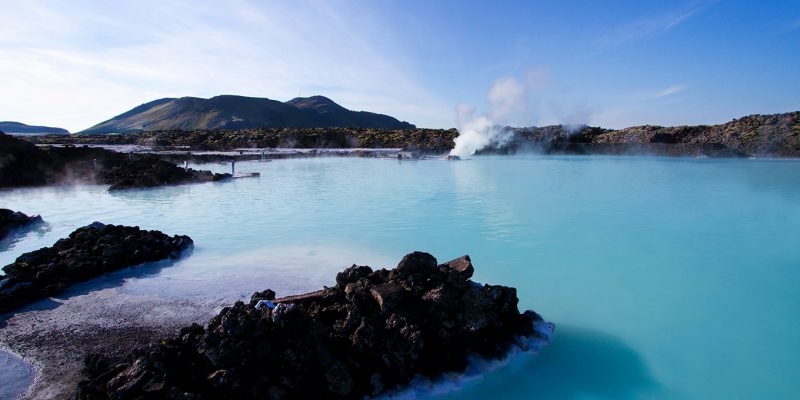
VIP
9 Stylish Icelandic Adventures Tailored to Fashion-Conscious Canadians
Iceland’s stylish escapades for the fashion-forward Canadian traveller blend elegance with adventure.
by : Contributor Content- Apr 15th, 2024
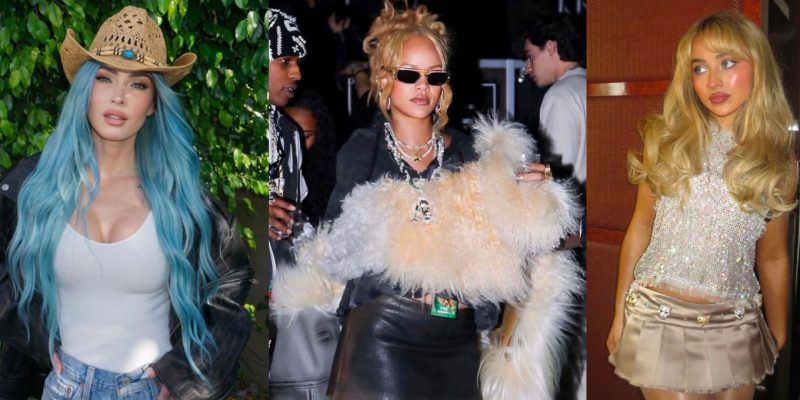
Fashion
The Best-Dressed Stars at Coachella Weekend One
Here's what your favourite celebs (and influencers!) wore to kick off Coachella's first weekend.
by : Lauren Knowles- Apr 15th, 2024

Culture
ELLE Escapes: Savannah
Where to go, stay, eat and drink in “the Hostess City of the South.”
by : ELLE- Apr 15th, 2024

